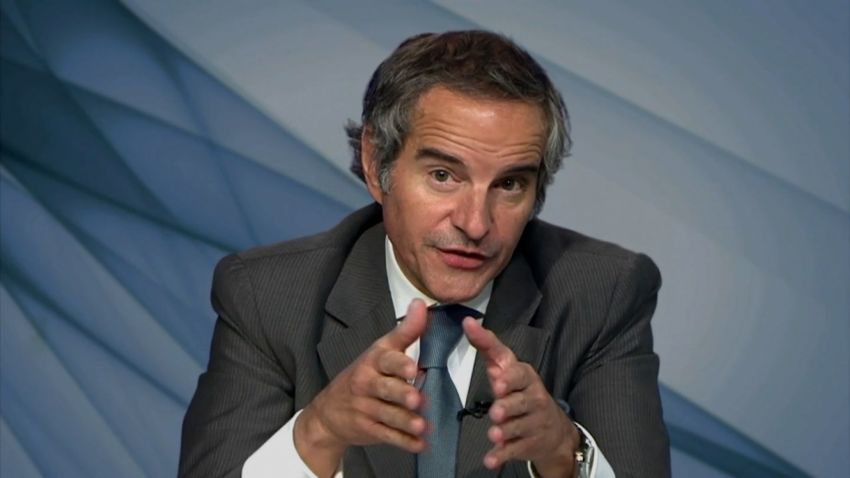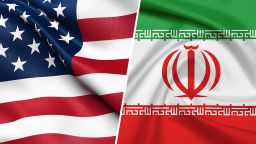The United States on Thursday sanctioned a network of Iranian petrochemical producers and front companies in China and the United Arab Emirates.
The move comes as the Iran nuclear deal – formally known as the Joint Comprehensive Plan of Action (JCPOA) – is on the verge of collapse.
“The United States is pursuing the path of meaningful diplomacy to achieve a mutual return to compliance with the Joint Comprehensive Plan of Action. Absent a deal, we will continue to use our sanctions authorities to limit exports of petroleum, petroleum products, and petrochemical products from Iran,” Under Secretary of the Treasury for Terrorism and Financial Intelligence Brian Nelson said in a press release.
According to the US Treasury Department, the sanctioned network “helps effectuate international transactions and evade sanctions, supporting the sale of Iranian petrochemical products to customers in the (People’s Republic of China) and the rest of East Asia.”
Thursday’s sanctions build on past sanctions against Triliance Petrochemical Co. Ltd. (Triliance), which was sanctioned in 2020, and Iran’s Petrochemical Commercial Company (PCC), which was sanctioned in 2018. According to the Treasury Department, these two entities are “instrumental in brokering the sale of Iranian petrochemicals abroad.”
Behnam Ben Taleblu, a senior fellow at the hawkish Foundation for Defense of Democracies (FDD), called the sanctions “politically and economically significant,” but argued they “cannot be a one off, not even if the Biden administration is seeking its stated goal of a nuclear deal based on the JCPOA.” He noted that petrochemical sales are one way that Tehran tried to offset the pain of sanctions under both the Trump and Biden administrations, and said it is significant that it targets front companies in jurisdictions of competitors – China – as well as partners – the UAE.
He also told CNN it appears to be the first time the Biden administration has used an executive order put in place by former President Trump after withdrawing from the Iran nuclear deal in 2018 “to restore petrochemical, precious metal, automotive, and select shipping penalties.”
The Biden administration has blamed the potential full breakdown of the 2015 nuclear deal on the Trump administration’s decision to withdraw. Efforts to salvage the deal have yielded no success as Iran has increasingly violated the restrictions imposed by the agreement.
On Tuesday, State Department spokesperson Ned Price called on Iran “to cease with its provocative activities,” and said the US awaits a “constructive response from the Iranians … that leaves behind issues that are extraneous” to the Iran nuclear deal.
“As we and our European partners have made clear, we are prepared to immediately conclude and implement the deal we negotiated in Vienna, the deal that has been on the table for a number of months now for a mutual return to full compliance with the JCPOA,” Price said at a press briefing.
“But for that to happen, Tehran needs to decide to drop demands that go beyond the scope of the JCPOA, needs to decide to drop issues that are extraneous to the JCPOA,” he said. “We believe that if Iran makes this political decision, we’ll be in a position to conclude and to pursue a mutual return to compliance with the JCPOA very swiftly. If Iran does not do that, it will further imperil the odds that we will ever be able to reach a mutual return to compliance with the JCPOA.”


